Baby development at 2 weeks
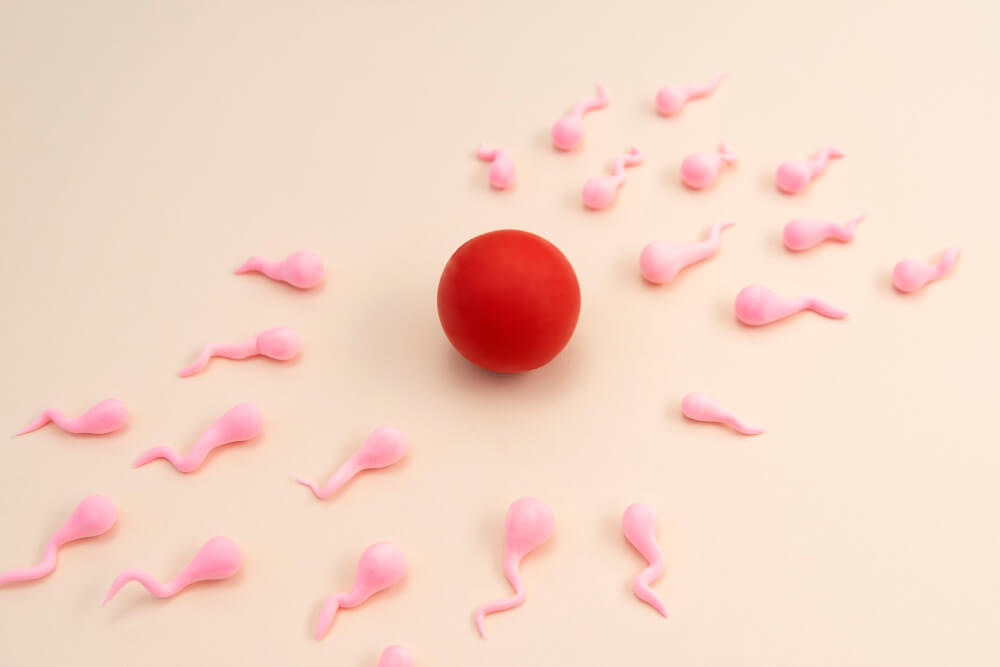
Published
05 March 2025 |
Written by
Dr Bruce B. Lanier
Tags:
Baby development at 2 weeks
Related Articles
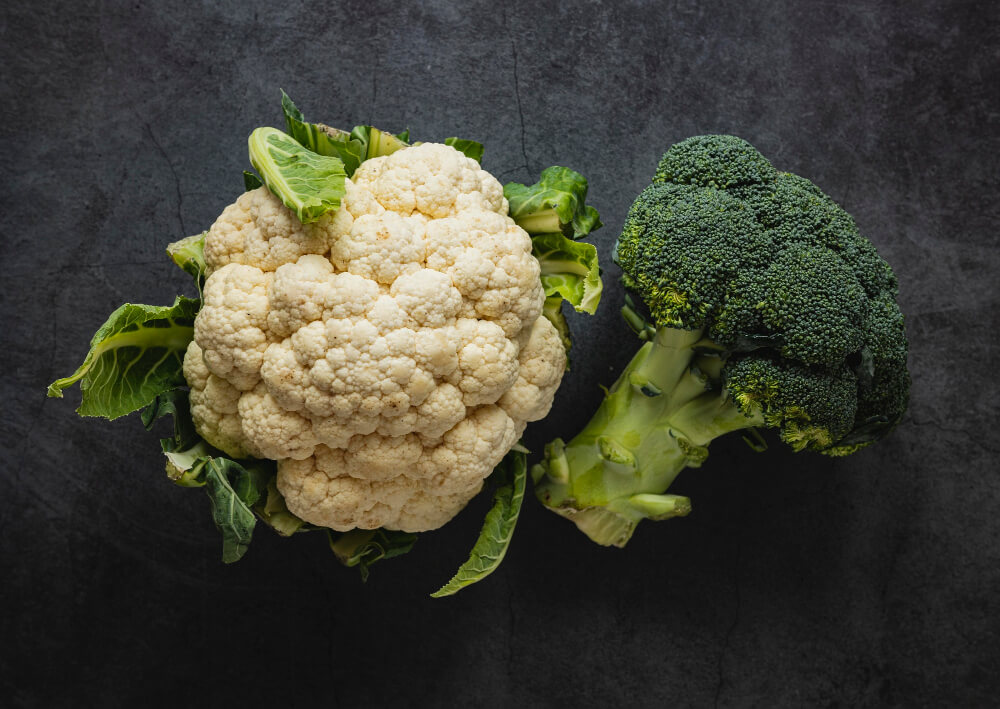
Baby development at 27 weeks
Published
05 March 2025
Written by
Dr Bruce B. Lanier

Baby development at 10 weeks
Published
05 March 2025
Written by
Dr Bruce B. Lanier
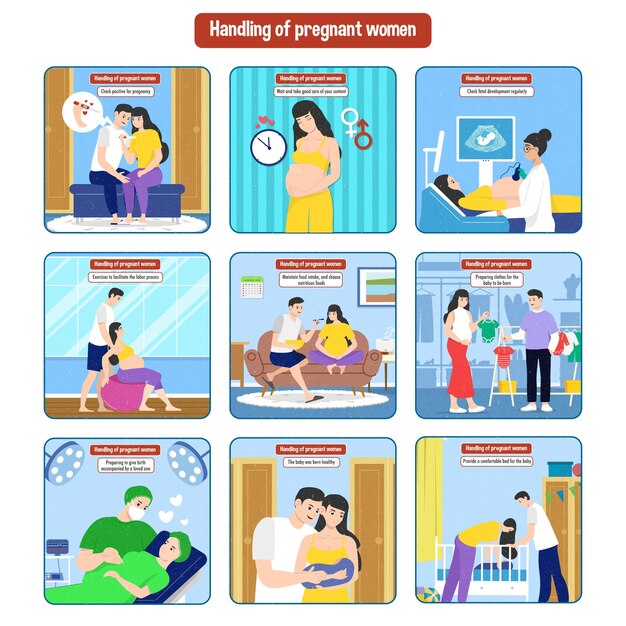
The Ultimate Guide to Getting Pregnant: Fertility Tips, Timing, and Lifestyle Changes
Published
05 March 2025
Written by
Dr Bruce B. Lanier
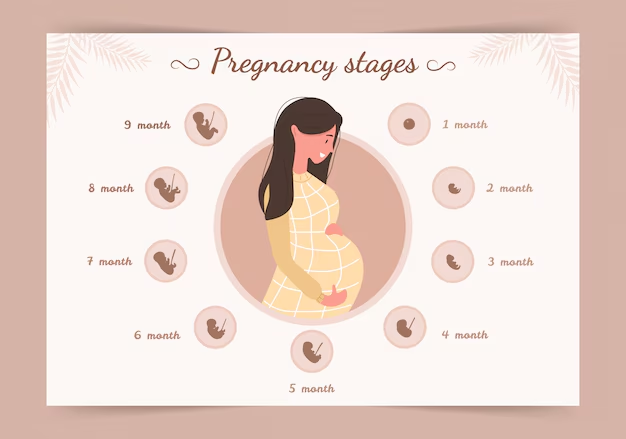
Third Trimester (Weeks 27-40)
Published
05 March 2025
Written by
Dr Bruce B. Lanier

Mental Health During Pregnancy: Taking Care of Your Emotional Well-Being
Published
05 March 2025
Written by
Dr Bruce B. Lanier
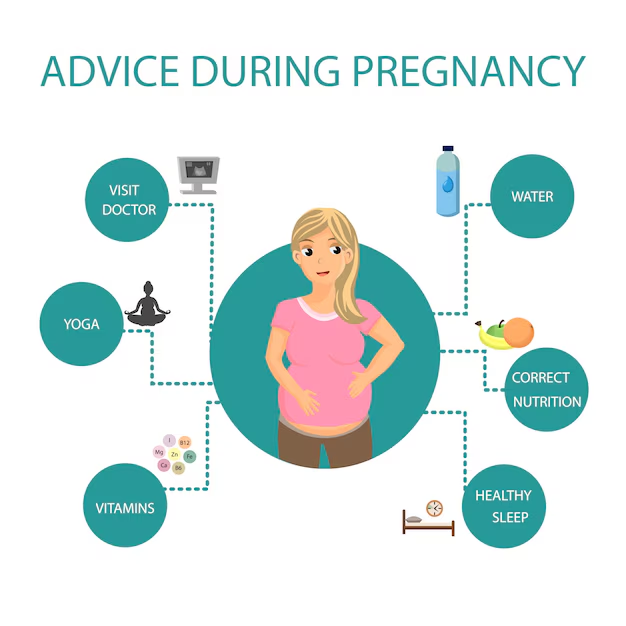
Common Health Complications During Pregnancy: What You Need to Know
Published
05 March 2025
Written by
Dr Bruce B. Lanier

Baby development at 26 weeks
Published
05 March 2025
Written by
Dr Bruce B. Lanier
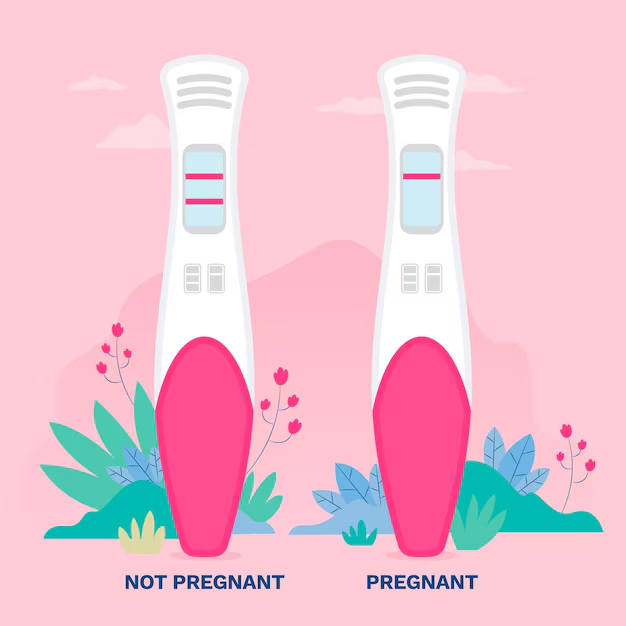
Understanding Pregnancy Tests: How They Work
Published
05 March 2025
Written by
Dr Bruce B. Lanier